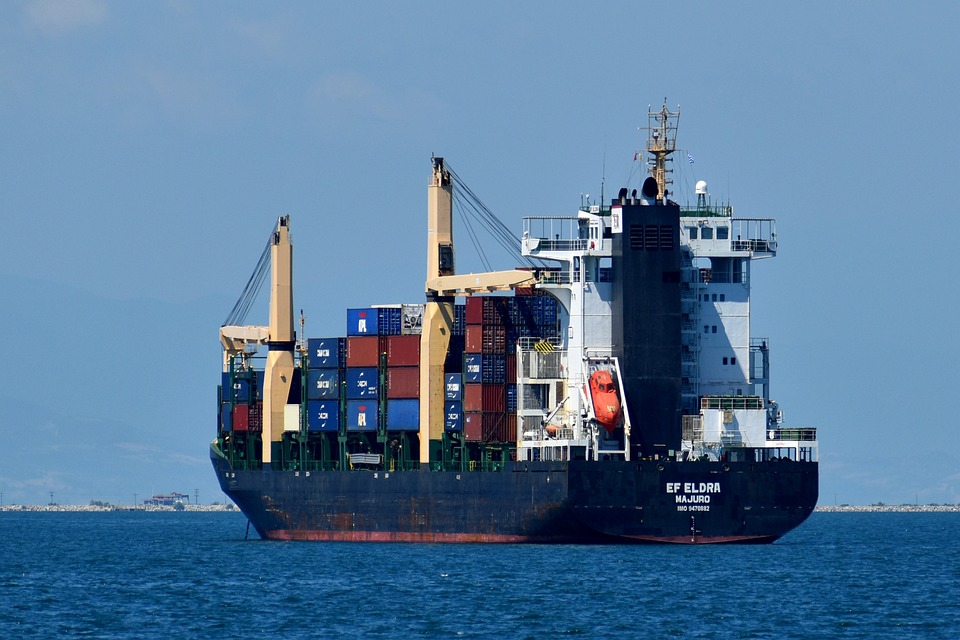
1. Why don’t companies export directly on their own but instead choose agency services?
According to the latest 2025 data from China Customs, 63% of small and medium-sized enterprises use export agents, with the main reasons including:
- Qualification threshold restrictions: Obtaining import and export rights requires meeting rigid criteria such as registered capital and business premises.
- Complexity of document processing: From FORM E certificates of origin to AEO authorization, the error rate for professional documentation has dropped by 80%.
- cash flow pressure: The agency service can provide a 30–90-day payment-term buffer (taking a Ningbo-based home-appliance company as an example, the agency’s advance funding raised its capital-turnover rate by 40%).
II. Does export agency affect a company's overseas customer relationships?
Professional agency adoptionDual-header modeSolve this problem:
- The customs declaration simultaneously displays both the manufacturer and the agent company information.
- The shipper on the bill of lading may, upon negotiation, be shown as the actual exporter.
- The newly implemented electronic customs declaration system in 2025 already supports encrypted three-party information transmission.
III. What hidden costs are included in the agency service fee?
Fee Structure Requiring Special Attention:
- Basic Service Package: Customs declaration, logistics, foreign-exchange collection (typically charged at 0.8%–1.5% of the cargo value)
- Value-added service items:
- 輸出稅還付Advance funding (reference rate: LPR + 2%)
- Special Document Certification (e.g., Saudi SABER certification averages RMB 2,800 per batch)
4. How to evaluate a proxy company’s true service capabilities?
It is recommended to verify the following three dimensions:
- Customs Credit Rating: Prioritize AEO Authorized Economic Operator (Advanced Certified) enterprises
- Risk Response Case Repository: Please provide three recent examples of solutions for cargo customs detainment.
- Information System Level:同社の通関システムが稅関「単一窓口」2025年版に接続されているかどうかを確認(rèn)する
V. How should goods in special supervision areas be handled?
Taking the export from a comprehensive bonded zone as an example, the value of agency services is highlighted in:
- 「區(qū)間流転」の申告手続きを完了(通関時(shí)間を平均12時(shí)間短縮)
- 増値稅「免稅?相殺?還付」特殊計(jì)算の処理(蘇州の某精密機(jī)器企業(yè)はこれにより稅負(fù)擔(dān)を9%削減)
- Seamlessly coordinate warehousing and trunk-line transportation within the coordination zone
VI. What are the new changes in agency services under the RCEP Agreement?
The upgraded RCEP provisions effective in 2025 bring:
- Digitalization of Origin Declarations (requires the agent to possess a certified electronic seal system)
- ASEAN Country-Specific Tariff Intelligent Matching (Professional agency system automatically identifies the optimal tariff plan)
- Cross-border logistics tracking visualization (requires agents to interface with IoT platforms of customs authorities in various countries)
7. What responsibilities does the agent bear when a trade dispute arises?
Special attention must be paid to the contractual stipulationsResponsibility boundary:
- Responsibility for document authenticity (e.g., fines resulting from discrepancies in declared product names)
- Cargo damage compensation during transportation (liability is typically determined by the applicable ocean freight terms)
- Guaranteed timeliness for foreign-exchange collection and settlement (it is recommended to stipulate clear breach-of-contract compensation clauses)
8. How Should Cross-Border E-Commerce Models Choose an Agency Service?
According to the new 1210 supervision regulations of the General Administration of Customs for 2025:
- B2C small parcels: choose an agent with postal express customs clearance qualifications
- Overseas warehouse stocking: Require the agent to provide proof of warehousing qualification in the destination country
- Return Processing: Verify the agent’s reverse-logistics solution (a 3C seller in Shenzhen cut return-related losses by 35% as a result).
9. Will export under an agency arrangement affect the accumulation of the company’s creditworthiness?
A new proxy service has been establishedcredit transmission mechanism:
- Authorized Customs Data Inquiry (Enterprises can obtain their own export statistics)
- Bank foreign-exchange settlement record synchronization (a key document for trade-finance applications)
- International Certification Support & Filing (e.g., agency assisted a Hangzhou apparel company in obtaining BSCI certification within 3 months)
10. How can a smooth transition be achieved from export agency to self-operated export?
It is recommended to implement it in three phases:
- Transition period (6–12 months): Assisting in establishing an in-house customs compliance team
- Parallel Phase (3–6 months): Some operations will shift to self-management, while agency-based emergency support will be retained.
- Handover Period: Complete the migration of customs credit information (note that AEO certification must be re-applied for)


 カスタマーサービスWeChatをフォローしてください
カスタマーサービスWeChatをフォローしてください